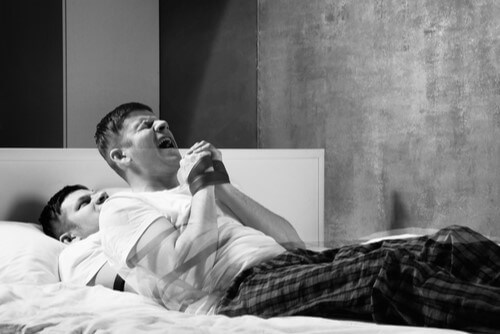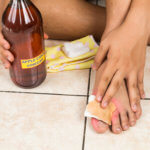 Have you ever experienced sleep paralysis? It can be a terrifically frightening experience that you will never forget. You immediately wake up from sleep and are unable to move your body or even turn your head. You try to say something, but you are unable to open your mouth. You want to breathe but you feel pressure on your chest that weighs your body down. It’s a feeling of dread. You might even feel a paranormal presence in your room.
Have you ever experienced sleep paralysis? It can be a terrifically frightening experience that you will never forget. You immediately wake up from sleep and are unable to move your body or even turn your head. You try to say something, but you are unable to open your mouth. You want to breathe but you feel pressure on your chest that weighs your body down. It’s a feeling of dread. You might even feel a paranormal presence in your room.
Sleep paralysis is the lack of ability to move your body or speak when you wake up. At times, it can be horrifying, as many people believe in the weird phenomena of ghosts and alien encounters. Regardless of popular mythology, the feeling of sleep paralysis is not something caused by a supernatural power. Though it can be frightening, it’s usually harmless. Many people used to believe that sleep paralysis is caused by demons. However, today we have a scientific explanation for it.
The reason behind sleep paralysis is that the human body mobilizes itself during REM sleep. REM is rapid eye movement and it is the period of sleep when you experience dreams. At times, the dream ends up making you want to move, so the body’s defense mechanism is to turn off all the muscles during this period resulting in paralysis. Below we have listed the top ten causes and signs of sleep paralysis that you should know.
1. Regulating and Disrupting REM
Sleep paralysis is believed to happen due to several issues that affect REM sleep. The body is unable to move during the REM duration. The muscle relaxation known as atonia occurs at certain times when you are sleeping thus resulting in the immobility of the body even if you are in the conscious state. This is the most common sign of sleep paralysis.


